Amber Grid has implemented three large-scale strategic energy projects - GIPL, ELLI and Klaipėda-Kuršėnai. We invite you to view the project summaries.
The gas pipeline between Lithuania and Poland, whose construction started in early 2020 and was completed in December 2021, marks the energy independence of the Baltic States and Finland. The gas pipeline started operating in May 2022. The completion of the GIPL project is crucial for the region’s independence from Russian gas, as it allows the full potential of the Klaipėda liquefied gas terminal to be used. The European Commission has recognised the GIPL project as a major infrastructure project for the security of gas supply and as a significant contribution to the EU’s energy security.
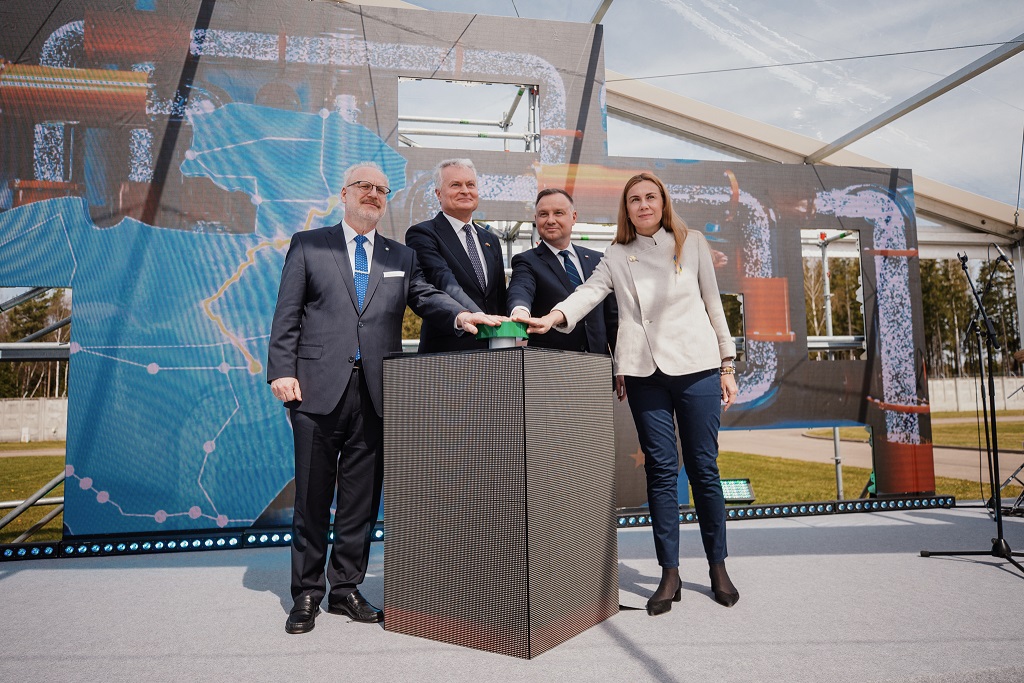
Natural gas will be able to flow in both directions through this interconnection. The GIPL pipeline runs from the Jauniūnai Gas Compressor Station (GCS) in Širvintos District to the Hołowczyce GCS in Poland. The 508 km long (165 km in Lithuania) GIPL pipeline has expanded the European gas market by integrating the Baltic States and Finland. In a changed geopolitical situation due to the Russia-induced war in Ukraine, the GIPL pipeline, together with the Klaipėda LNG terminal, have become energy security infrastructure not only for Lithuania, but also for Poland and the whole Baltic region.
The GIPL project was implemented by Lithuanian and Polish gas system operators Amber Grid and Gaz-System. The total value of the project is around EUR 500 million, with the European Commission providing around 60% of the funding. The Latvian and Estonian gas transmission system operators are also contributing to the financing of the project.
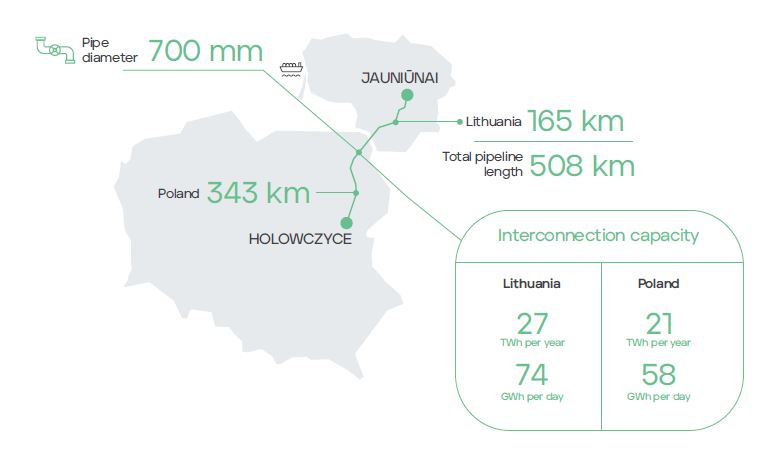
The GIPL capacity to transport gas from Lithuania to Poland via the Klaipėda liquefied gas terminal is 217,000 m3/h or 2.4 GWh/h. This corresponds to 1.9 bcm/year or 21 TWh/year. The capacity to transport gas from Poland to Lithuania is 230.000 m3/h or 2.6 GWh/h. This corresponds to 2 bcm/year or about 22 TWh/year.
The pipeline can withstand a pressure of 54 bar. A special 17 km section of the pipeline was built from the Santaka Gas Metering and Pressure Regulating Station in Šeštokai to the Lithuanian-Polish border. This section of the pipeline has a pressure of 84 bar, a pressure that has never been reached by any natural gas pipeline in Lithuania before.
Amber Grid has paid about EUR 1.3 million in compensation to landowners for the GIPL pipeline route that will pass through their land plots. As part of the project, Amber Grid has signed a loan agreement with the European Investment Bank (EIB) for up to EUR 65 million for 18 years to finance construction in Lithuania.
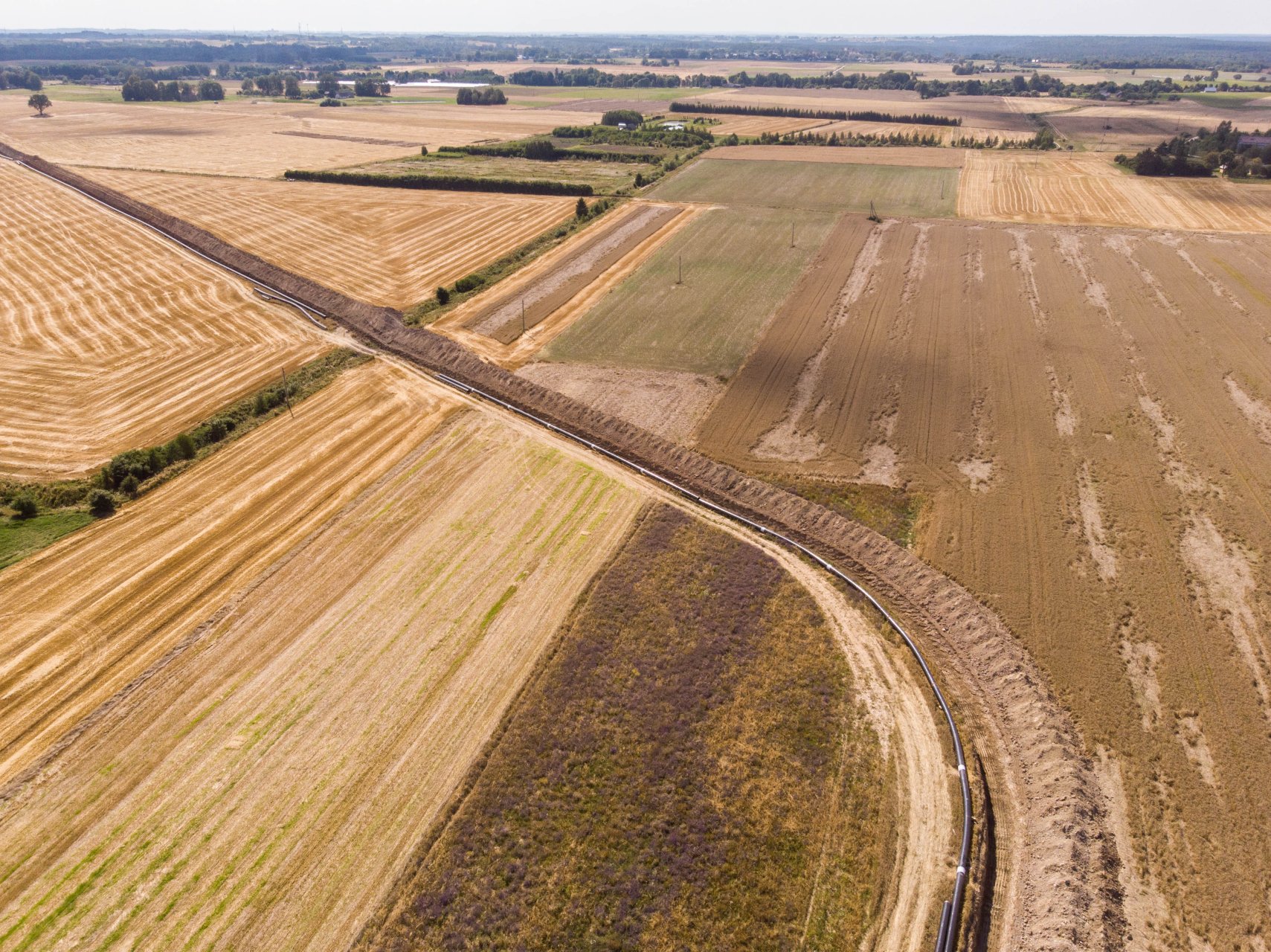
Having completed the works of the Enhancement of Latvia-Lithuania interconnection (ELLI) project, the capacity of the gas pipeline has increased by one-third. It improved the region’s gas supply opportunities and allowed for a faster filling of Latvia’s Inčukalns underground gas storage facility, which stores gas for all countries of the Baltic region. ELLI project has increased the integration of the Baltic gas market and the energy security of the region.
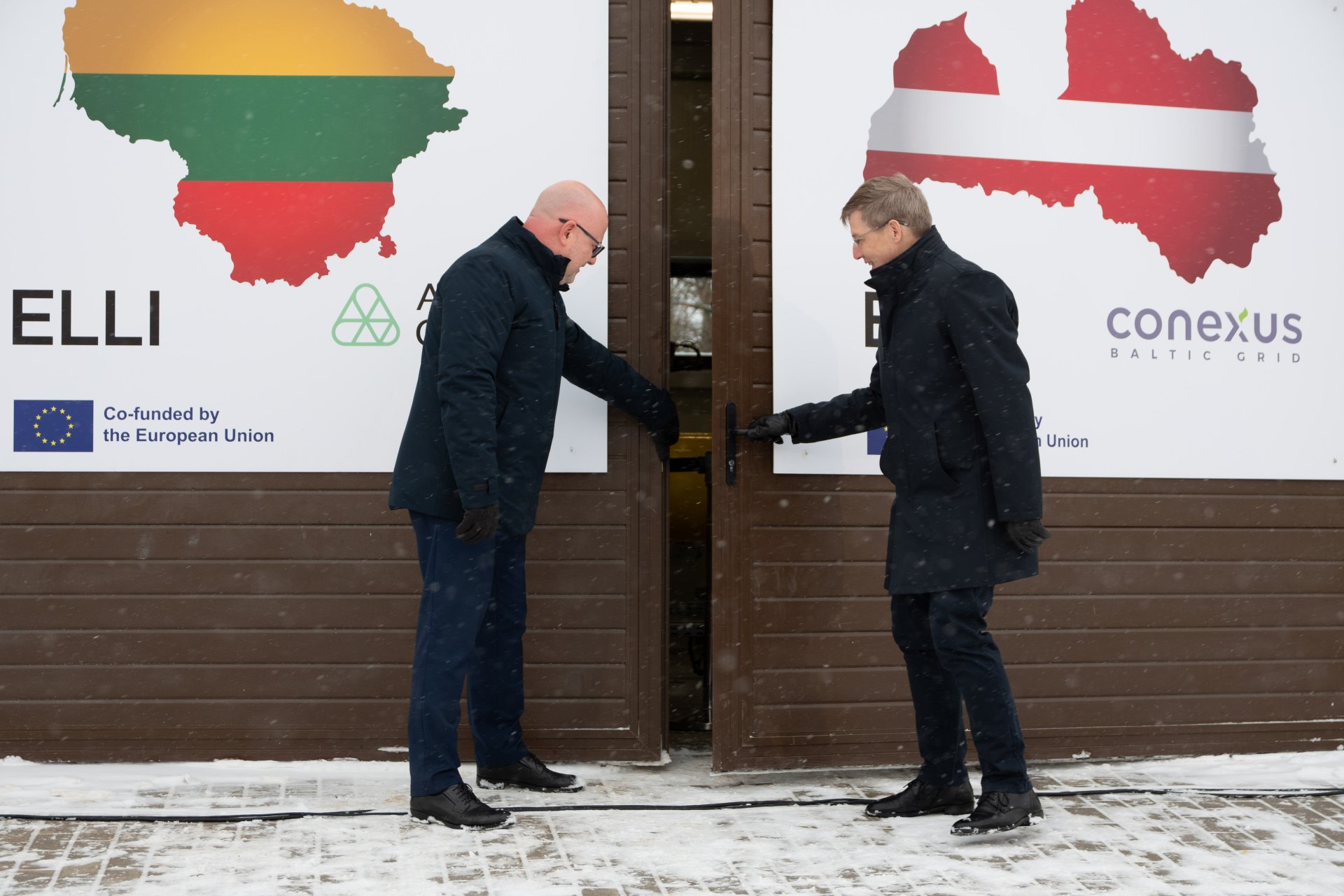
Amber Grid expanded the Kiemėnai gas metering station in Pasvalys district and increased its capacity. It also reconstructed gas pipelines of the Panevėžys gas compressor station, enabling more gas to be transported from the Klaipėda LNG terminal to Latvia. The pipeline allows transmitting 90 gigawatt hours (GWh) of gas per day. In Latvia, the main gas pipelines will be upgraded to increase the pressure from 40 to 50 bar.
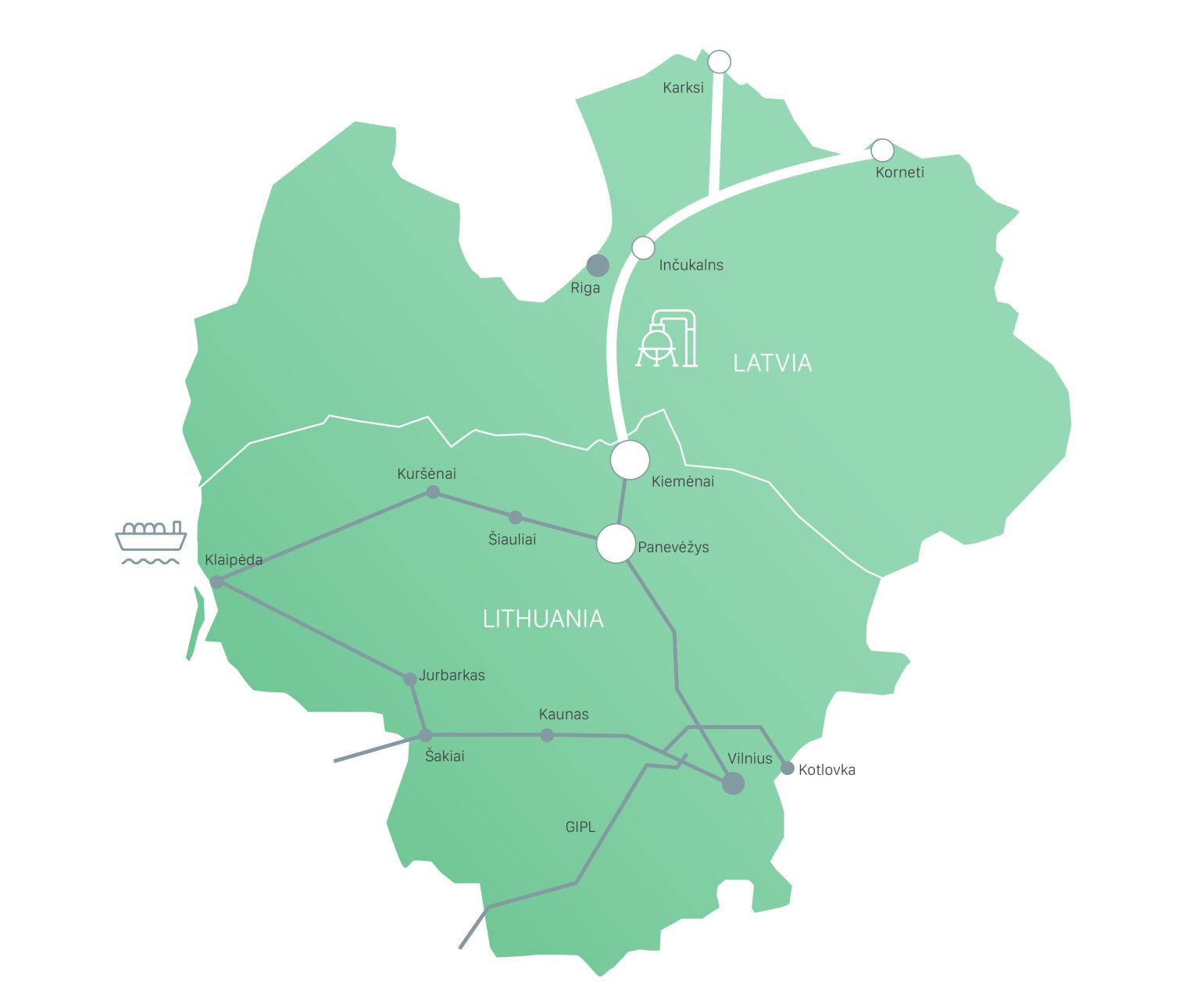
The project has been implemented by AB Amber Grid and AS Conexus Baltic Grid.
The project has been financed by Amber Grid, Conexus Baltic Grid and the EU Connecting Europe Facility (CEF).
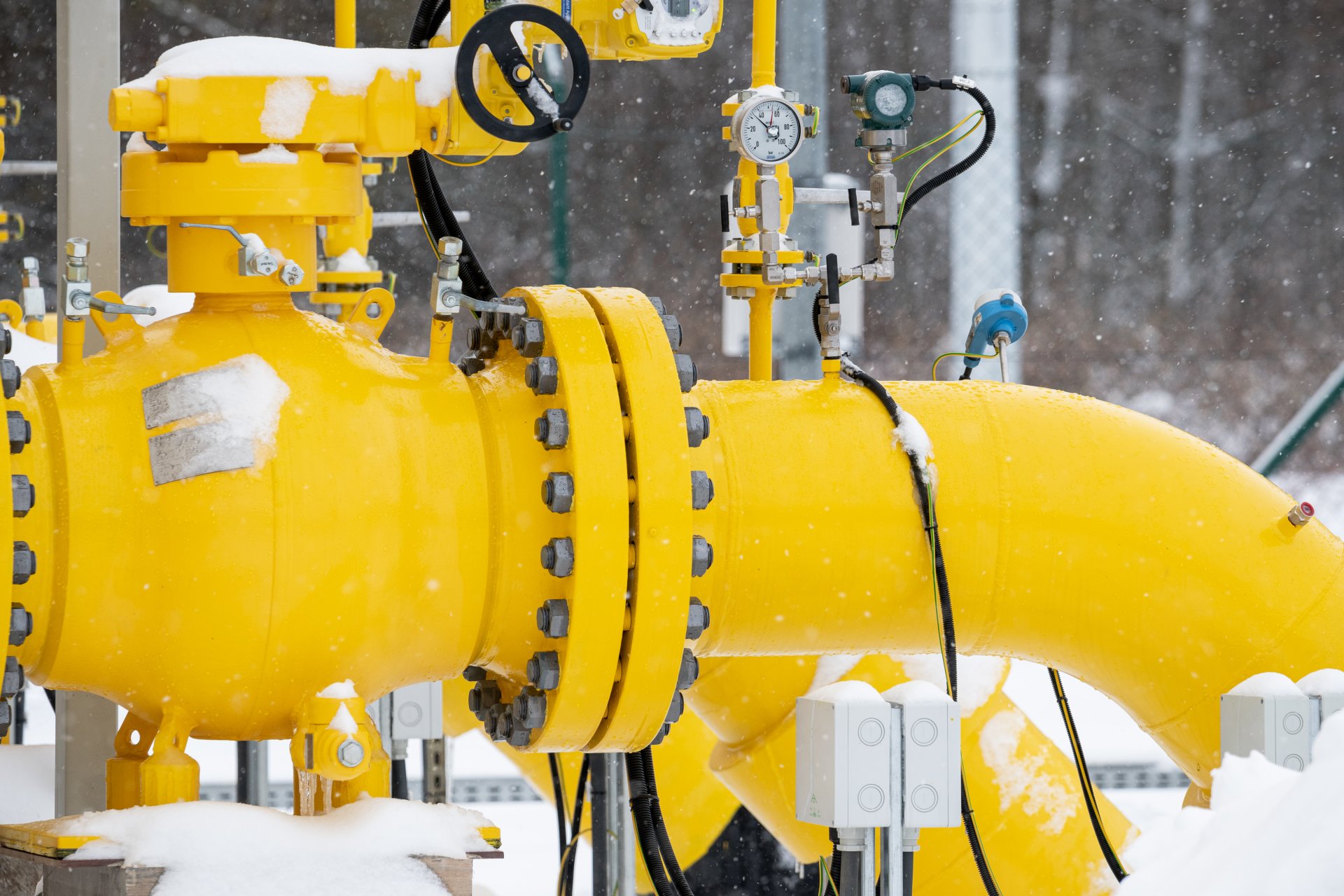
A brief overview of the ELLI project:
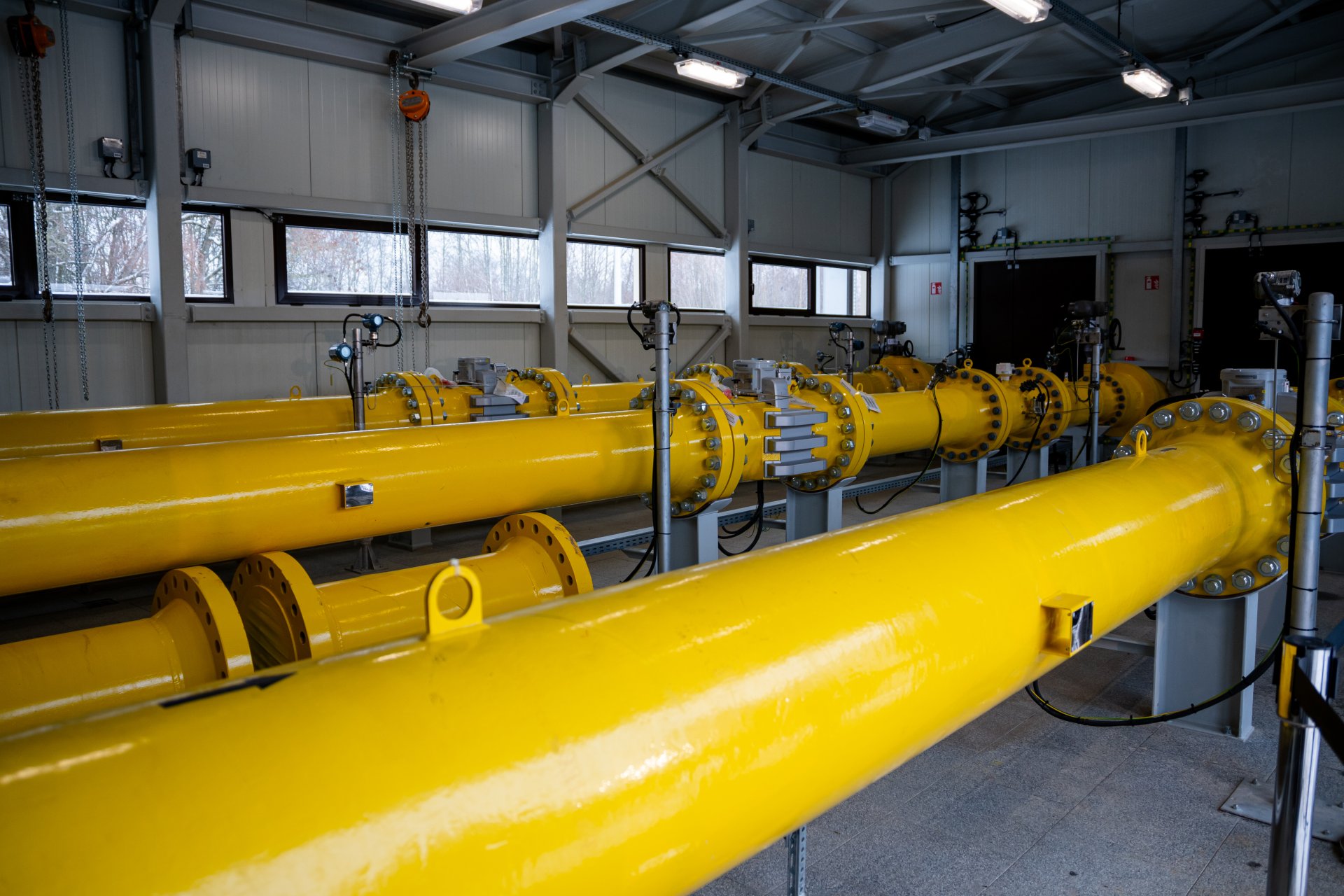
In 2015, the Klaipėda – Kuršėnai main gas line pipeline was completed to increase the capacity of the Klaipėda – Kimėnai gas pipeline. With this project, Amber Grid achieved all its objectives:
The design and construction of the gas pipeline took two years. The length of the main gas pipeline is 110 km. The pipeline has a maximum pressure of 5.4 MPa. The total value of the project is EUR 57.9 million. In 2015, Amber Grid signed an agreement with the European Union’s Innovation and Networks Executive Agency (INEA) for EU financial assistance for the construction of the main gas pipeline. Under this agreement, the project received EUR 27.6 million in EU support under the Connecting Europe Facility (CEF).
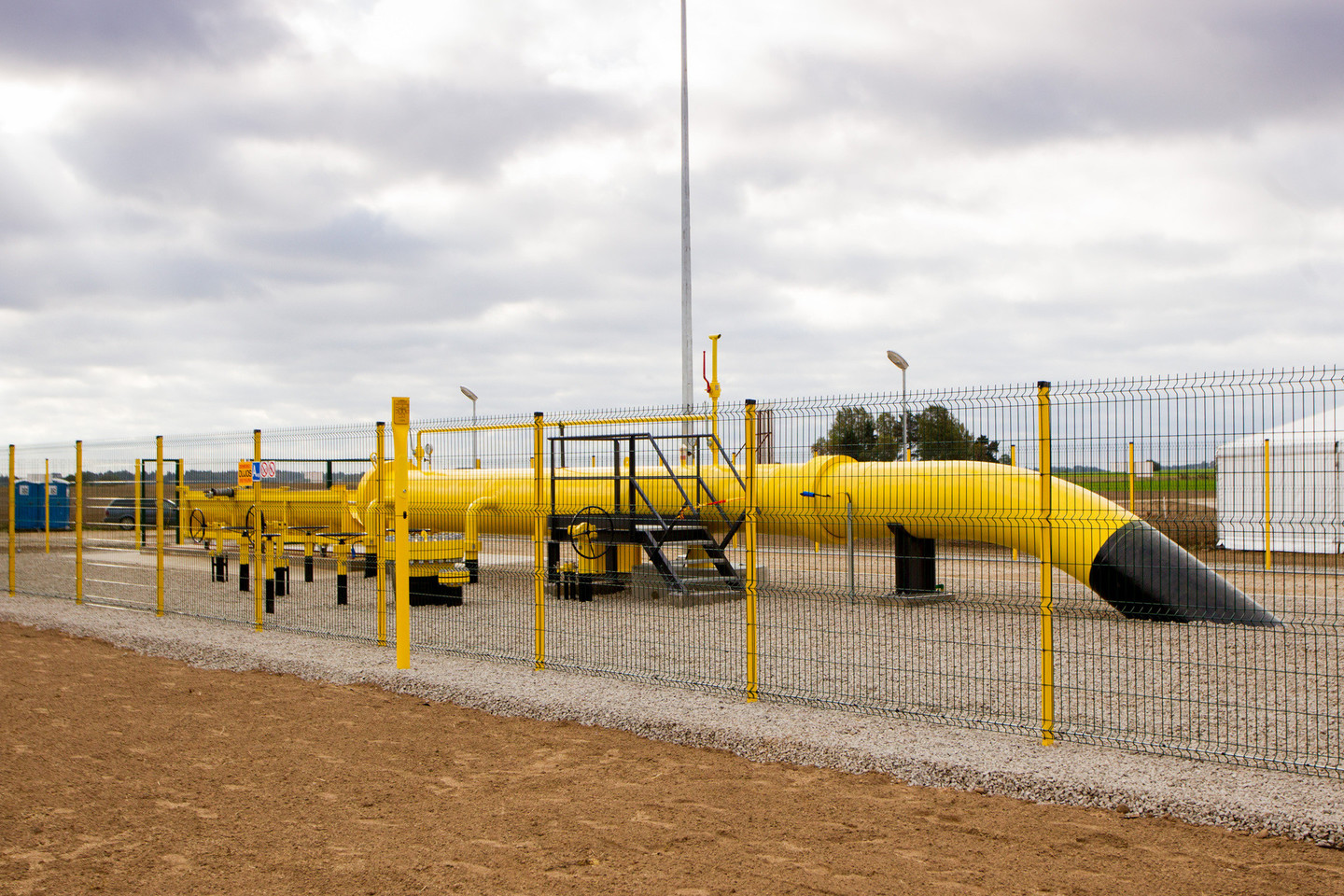
The project was included in the European Union’s list of projects of common interest and other plans:
